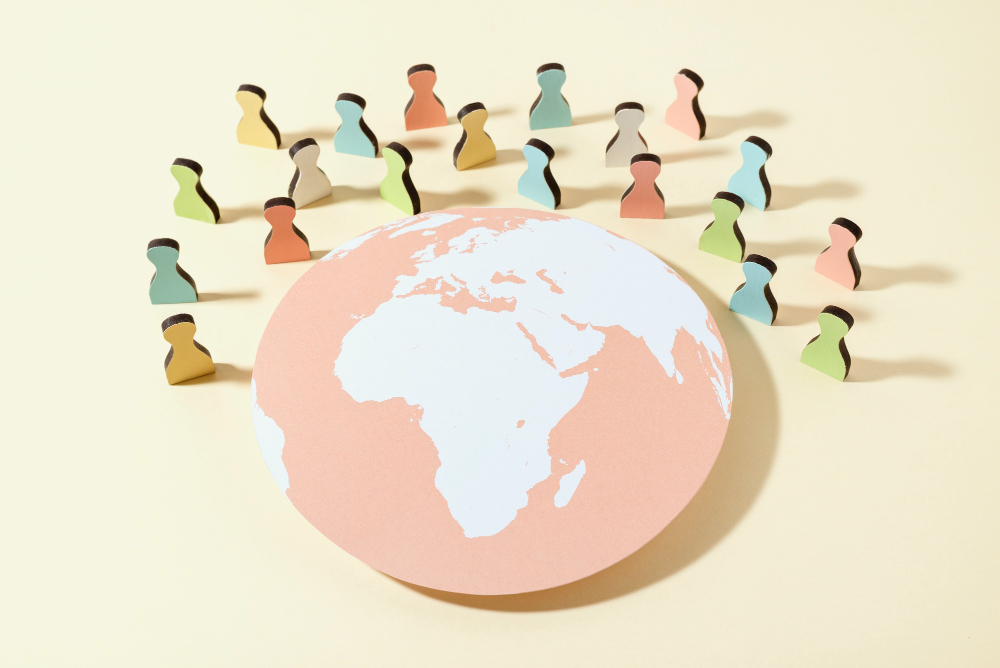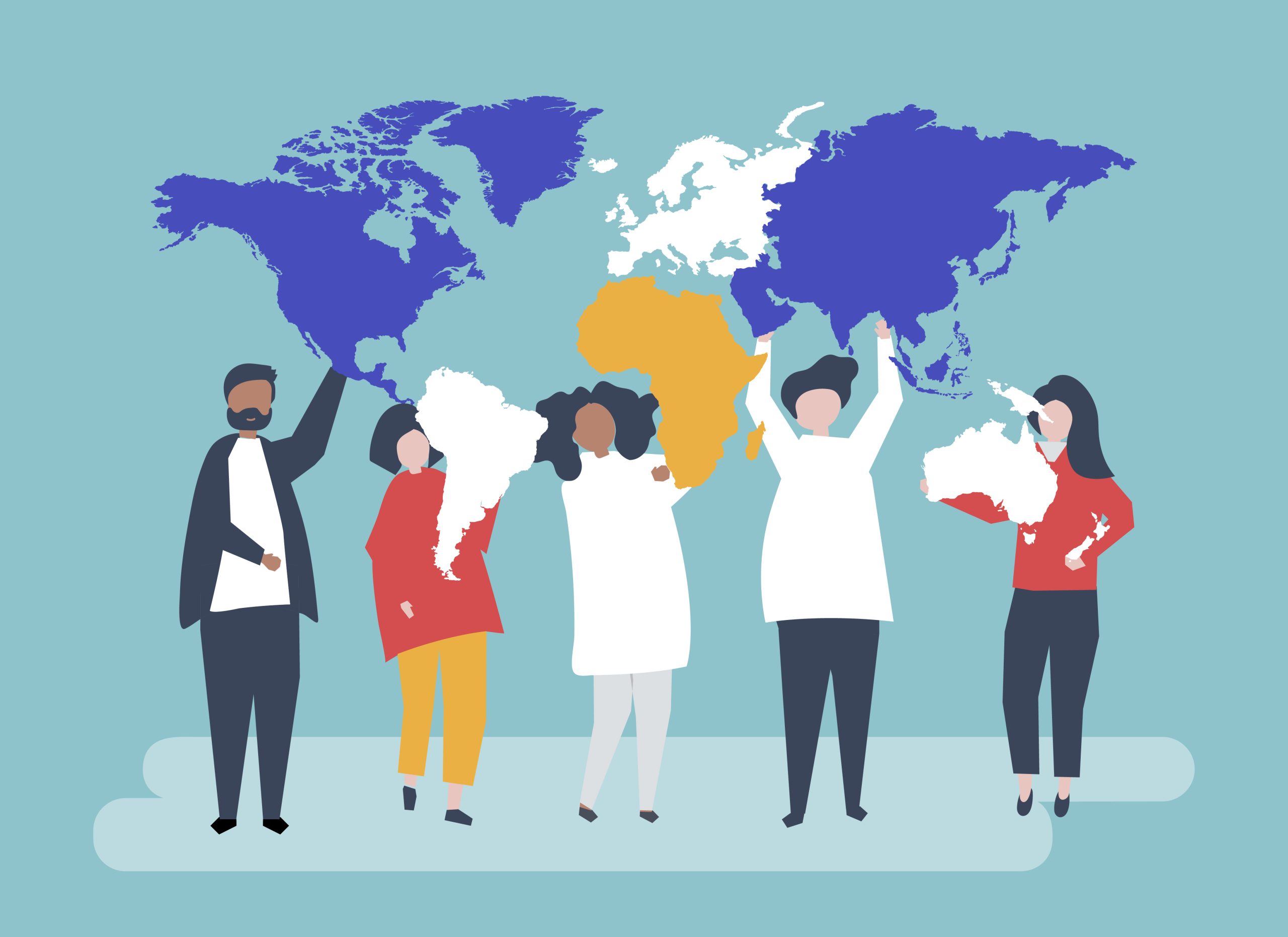In the complex world of economics, decision-making often boils down to making choices about how to allocate limited resources efficiently. One of the tools economists use to visualize these choices is the production possibility chart, a […]
Photosynthesis, the remarkable process by which plants, algae, and some bacteria convert light energy into chemical energy, plays a vital role in sustaining life on Earth. At the heart of this process lies the production of […]
Cultural hearths, often referred to as cradles of civilization, hold a profound significance in the study of human history and cultural development. These ancient centers of innovation and creativity have played pivotal roles in shaping the […]
Cultural universals, those elements found in every society across the globe, have long intrigued anthropologists and sociologists alike. From language and family structures to rites of passage and art, these commonalities suggest a shared human experience […]
Cultural assimilation is a process in which individuals or groups from one cultural background come to adopt the cultural practices, norms, values, and identity of another, often dominant culture. This phenomenon can occur at various levels, […]
The Harlem Renaissance was a vibrant period in American history, primarily in the 1920s, marked by a flourishing of African American culture, particularly in the Harlem neighborhood of New York City. However, this cultural movement was […]
Cultural identity is a complex construct that reflects the way individuals perceive themselves in the context of their cultural background. It encompasses a broad range of elements, including ethnicity, nationality, language, religion, and traditions, among others. […]
Cultural diffusion is the process through which elements of one culture spread to another, leading to their incorporation and adaptation into the receiving culture. This phenomenon has shaped human societies throughout history, facilitating the exchange of […]







